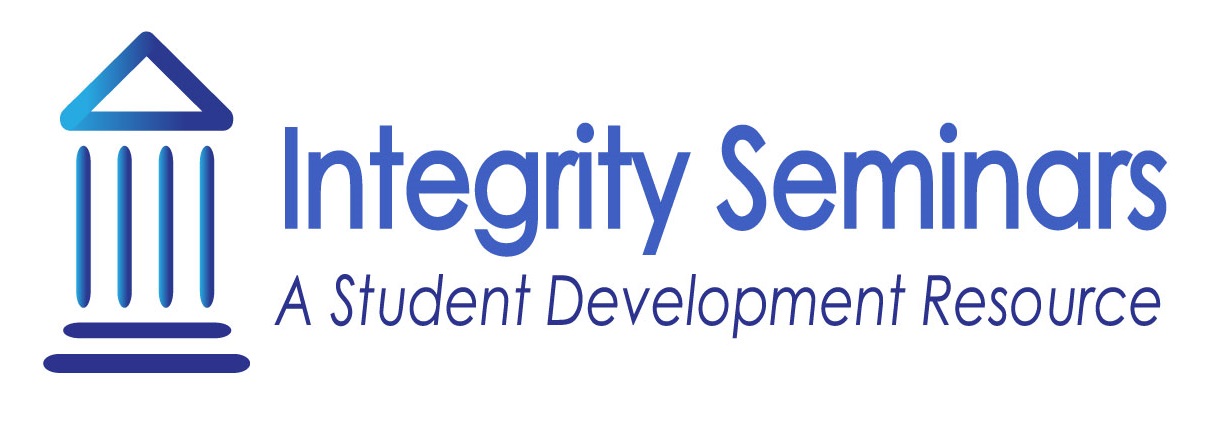Students are expected to provide fully developed responses to relevant readings and essay questions. Tutors are looking for thoughtful engagement with the assigned readings.
Creative and contrary opinions from students are welcome. Those opinions, however, must show critical thought and be supported by reasoned references to the sources. If we think student reasoning is unpersuasive we tell them why. See the sample tutor comment in our response to question 10, below.
